Did you know that the theme for NatEx 2020 is, ‘Love Your Work, Love Your Life, and Love Yourself?’
A big part of loving yourself is taking care of yourself. We all know we need to be at our best to give our best service to our clients and families, yet too often, we put ourselves last on the list.
I recently chatted with the amazing Petrea King of the Quest for Life Foundation (who will also be a keynote speaker at NatEx!) and her words about putting our own care first are profound. I knew you needed to hear them, so I am sharing this episode of the Natupreneur Podcast here for you to enjoy.
A few gold nuggets from this episode:
- “We can’t be preaching one thing and living something completely different.”
- “Recognise and be in right relationship with your body in your life.”
- “We need to take care of each of those parts of ourselves as an integrated whole. Then you bring your well-replenished self to the challenge, the crisis, the conflict, the upset.”
- “Our challenge is, how do we align ourselves with life?”
- “We have to do a sensational job of ourselves.”
- “Peace of mind is not a passive, wishy-washy state of acceptance.”
- “There is only this life for you and it’s not just about the one-sidedness of being in practice or in business.”
A conversation with Petrea King about how taking care of yourself as a practitioner is the truest form of service.
T: Hey everybody and welcome to another episode of the entrepreneur movement. Today, I am absolutely honoured to be speaking to somebody who I have been “Nat-Struck” about for nearly half a decade! She was one of the first people I looked up to in the natural health profession who said yes to be interviewed, such a long time ago. And I am even more honoured that she’s going to be taking the stage at NatEx to share her wisdom around how we look after and take care of ourselves. Her experience is unsurpassed by helping so many people in trauma, in practice, in grief, and through cancer journeys. I am super excited to introduce you all to Petrea King.
P: Hi, Tammy, lovely to be with you and with our listeners.
T: Lovely to speak to you again, Petrea. It’s always a wonderful and insightful chat with you. I’m really excited to hear about what’s happening at Quest for Life at the moment. Where are you right now?
About the Quest for Life Foundation
P: Where we are right now is busy which is terrific because I love the life that I’m living! We’ve been running five-day residential programmes based on naturopathic and yoga principles for the last 20 years here at the Quest for Life Centre. And beyond that for the last 35 years, ever since I had leukaemia in 1983. I was meant to die but didn’t. Then I was told I was in remission.
I found that quite challenging because I was all ready to die, but I wasn’t sure how to live. Now it seems an awful lot has happened in that 30-year journey to now be running 30 5-day programmes a year and about 100 workshops out in the community. At the moment, we’re doing a lot because of the fires, but we also work after and during natural disasters.
So at the moment, we’re doing quite a lot of work out in remote areas of New South Wales with farmers who are at the end of their tether. And also, of course, there’s going to be all the drama that comes out of the fires as well.
One of the things that we’ve seen in our five-day programme is we can absolutely educate our participants about neuroplasticity. The brain is constantly changing and we know how trauma impacts the brain and nervous system. We know the pathways to heal an injury. So we call it a ‘post-traumatic stress injury‘ rather than a disorder.
We educate them in neuroplasticity, how the brain gets damaged, how it can be healed. We also educate them in epigenetics, which is around the environment that surrounds the cell which is impacted by our nutrition, level of exercise, how much sleep we’re getting, the chemicals that are in our environment, and the chemistry of our emotions.
An Immersive Healing Experience
However, after five days, many of these people go home to unsupportive or isolated environments or environments in which they’ve got some pretty colourful habits that really need to be left behind. They’re going to fully recover. So we want them to live at Quest for a four-week programme after they’ve done the five-day programme so that they on a daily basis can put into practice what they’ve just learnt in that five days.
We get such extraordinary results in five days, I know that our participants will achieve either complete healing from post-traumatic stress injuries, or be a long way down the track and know how to continue that journey after four weeks. And indeed, that four-week programme can be repeated up to three times.
At the moment, we’re busy with the building and the infrastructure to enable us to conduct these longer programmes, rather than just the five-day ones.
T: That immersive environment way when you’re out of the environment that you’ve always been in, that the nervous system is so used to. Those five days are such an amazing gift, but then to continue that so the nervous system really remembers a safe space to be in, and then you can take that space with you? What an extraordinary experience.
P: Exactly! I’m convinced that people will completely recover. And interestingly, because our participants achieve a 32% increase in quantified mental wellbeing four weeks after attending a programme, and that’s on the Kessler 10 and the PTSD 6 evaluation scales, which are very well recognised in the field. I mean, Headspace gets a 7% increase in quantified mental wellbeing on the same scales. So no one else is achieving results like this.
We haven’t found anyone else over 10% and we’re at 32%. So the insurers are very happy to pay us to proactively send police and paramedics and firefighters and others who have a workers’ comp claim because of post-traumatic stress injuries. They’ve already intimated that they will be happy to pay for this longer programme, as well, because they can see the need for it and the fact that people will see it is a really good alternative to a psychiatric hospital, which doesn’t always make the problem better.
Uniting Through Shared Experiences
T: We know through both research and experience that just going over and over and over the stories is the only solution.
P: Yes. In fact, one of the things that we find incredibly valuable in the Moving Beyond Trauma programme, we can have veterans, police, firefighters, paramedics, people who had sexual, physical or mental abuse in their childhood, and a lot of domestic violence. So there’s a real mixture of stories as to why these people develop the PTSI.
But what happens is that the veteran and someone who was sexually abused in childhood talk about all the same symptoms:
- nightmares
- poor relationships
- anxiety
- hypervigilance
- depression
- drug and alcohol abuse
They talk about exactly the same things. So what the veteran and the sexually abused person realise really quickly is, this is not about war, or what I’ve experienced, or about the story. What we have in common is that we’ve all suffered a traumatic injury to the brain and nervous system. And that unites the group very quickly.
Because originally we thought maybe we’d have to run one for police, one for veterans, one for sexually abused. But what happens is, it moves them away from the story. And they recognise what unites us is we’ve all suffered this injury and now we’re learning how to heal ourselves from being injured in this way. That’s an incredibly powerful thing that we witnessed happen, that moves people out of the culture of police, out of the culture of being a veteran. Completely.
Transformation Through Trauma
T: I’ve been listening to a few things by a psychiatrist over in the US, James Gordon, who talks about transformation through trauma and that trauma is something that actually happens to everybody. But we often negate a certain trauma because it’s less than or worse than someone else and somehow it’s invalidated. But to hear that people are experiencing every facet of it and then uniting through the healing of the injury is such an amazing, again, a gift.
P: When I first went into practice, it was a little reluctantly. I went into naturopathy because I had three years in hospital as a teenager having my legs rearranged (femoral and tibial osteotomies where they rotated my legs and so on). So I had lived with chronic pain and I had to learn to walk again.
So that’s why I got interested in the diet in the first place and became a vegetarian when I was 17. And what could I do? Because I was so crippled with arthritis. But I’m not crippled at all with arthritis now.
That’s why I went into naturopathy because I was always passionate about the so many things that we can do to help ourselves. Then, there were other traumas – my brother took his life after many attempts, I was separated from my husband just before I was diagnosed with leukaemia. So I had all of these things happen kind of all on top of me.
I was already a naturopath at that point and had been in practice but not for very long because I also had little children and so on. So when I rang Marcus Blackmore and told him,
“I don’t know what to do. I’m meant to be dead. I’m not. The doctors still say I’m going to die. I don’t know what to do.”
It was Marcus who said, “Just go into practice. Forget what the doctor said and go into practice.” Then he put me in touch with a doctor who was looking for a GP and that’s how it started.
What stands in the way of you being at peace?
So my question to people from the very beginning is,
“What is it that stands in the way of you being at peace?”
Sometimes it was diarrhoea. Fantastic! These are all the foods that will increase nausea and diarrhoea. And I use slippery elm, not drinking with a meal, and homoeopathics, and all sorts of things. So we get the diarrhoea sorted. Now, what is it that stands in the way of you being at peace?
Those conversations got ever deeper into those fundamental questions about the quality of our lives. Who am I? What am I doing on the planet? Am I living the life I came here to live? If not, why not? And what am I going to do about it?
Those were questions that I’ve been contemplating since being a young child. So I found these people to be wonderful teachers to me and were wonderful at helping me to articulate the human journey that we’re all on. And what we can do as practitioners and what is a healthy relationship between ourselves and the people that we hope to help?
Because we can’t be preaching one thing and living something completely different.
T: Such a powerful question! It’s very easy for practitioners who are listening right now to go, “Yes, I’m going to ask all of my clients that.” But it’s the pause to ask yourself that. That is where the power is.
The Quest for Life has run programmes for practitioners before. What do you see as the biggest impact? I know through helping so many practitioners that there’s the juggle of being human, having families and financials and all of the other things that go along with being a practitioner. That’s what I see. What is it that you guys see?
You have to fluff yourself up first
P: I think we have to get our priorities correct.
First of all, we have to do a sensational job of ourselves. So if you’re not divvying up your 168 hours each week – we all get 168. We checked it out internationally! It’s the same.
Your job is to divvy up your 168 hours so that you fluff yourself up first. Recognise and be in right relationship with your body in your life. You’re not your body, but you’ve got one. You need to nourish it appropriately, rest it, and exercise it.
You’re not your brain, but you’ve got one. You need to keep your brain quiet so that you have access to the qualities that are only available to us when the brain is entrained in the present moment. Those are:
- insight
- intuition
- wisdom
- humour
- spontaneity
- creativity
- compassion
Those are all present time qualities that we only have access to if the brain is in entrained and focused in the present moment.
You’re not your thoughts but you have thoughts. You are not your feelings but you have feelings.
We need to take care of each of those parts of ourselves as an integrated whole.
And then you bring your well-replenished self to the challenge, the crisis, the conflict, the upset.
Which is much better than bringing your frazzled, overwhelmed, depleted, self.
Because when you ask the person, what is it that stands in the way of you being in peace? Watch out what you’re going to get to the answer. It might not be strictly naturopathic lines. It might be my partner and I are war with each other.
Well, what are you going to do? How are you going to be in that circumstance?
Our job is to help bring people back home to themselves
You know the work that I’ve done as a naturopath, to me is the most profoundly useful work I could possibly do. Because it’s about bringing people back home to themselves. They do the job, obviously. We only provide a very safe environment in which they can utter the unutterable and have it witnessed and affirmed. Only then are people ready to go on that journey of perhaps seeing their situation in a different way.
People have to feel like you get them, you get why they’re acting the way they are, why they’re feeling the way they are. You need to meet them where they are, rather than see you as the health professional and them as the one who’s in to be fixed. If you see your job as there to fix people, you’re seeing them as broken. And how does that help a person to feel if you see them as broken?
If you think your job is to help people, that usually has an imbalance of power. “I’m going to use my expertise, my strength and I’m going to lift you out of wherever you are.” And then you kind of owe me one, and that might be a financial transaction.
But when we serve one another, when I serve you in coming home to yourself, and you being in right relationship with your body, even when it’s diseased, or in pain, or whatever it might be happening, if we can assist you to be in right relationship with your body, your brain and your emotions, if we can help people to see a pathway back home to themselves, there is no greater gift you can give to anyone than that.
Peace is a dynamic state of being
Peace of mind is not a passive, wishy-washy state of acceptance. Peace is a dynamic state of being where we feel able to embrace every moment, regardless of its challenges, how chaotic, confusing, or critical it might be, we’re able to embrace that moment with a quiet mind, free of chatter and with an open heart, free of judgement.
That to me is the definition of health, and of peace. So peace is a dynamic physiology in the body that doesn’t have anxiety, panic, or fear running the body. We may witness ourselves having the fear, the panic, or the anxiety. But we’re not labelling ourselves as the fear, the panic, the anxiety.
There’s a big difference between I am anxious, and I feel anxious. I am a spark of the divine spark, of consciousness. Soul life being energy. However you like to think of it. But I am this energetic being and right now I’m feeling despair. It’s not who I am, it is what I am feeling. There’s a big difference in that. When we’re endeavouring to come home to ourselves, and our life is in service to others to come home to themselves, that’s joyous work.
T: And true healing work. Being able to be the space is a very different experience.
P: It’s not easy to turn up when someone’s in the caverns of their own anguish. Because we so want to fix it, change it, make it better. We so want to help. We want to stop them from feeling that because it hurts us to see them hurting. So to bear witness to your own feelings of powerlessness and helplessness is a required necessity if you’re to do this deeper healing work. That, to me, is the work that’s really worth doing.
T: Absolutely. The theme for NatEx is ‘Love Your Work’ and everything that you have said in this interview really resonates. Oh my goodness, you are the living embodiment of loving your work and loving your life. Such a contribution and such an inspiring example of loving yourself. The peace that may not be the original idea of peace, that dynamic experience of peace.
Don’t forget about the good old microbiome
P: I also feel really passionately about the good old microbiome because it’s going to give us all a chance to flourish. They’re just beginning to recognise what Hippocrates said a very long time ago, two and a half thousand years ago, who said, “All disease starts in the gut.”
You know, at University to this day when they’re training doctors, they have two lectures on nutrition. They’re optional. They’re at the end of the day, and most people don’t bother going. And yet we’re now saying the microbiome is the seat of our immune system and so many other systems in our body. Your serotonin is made by your gut bacteria. They’re not even human cells. So this is an ecosystem that we have co-evolved with over a very long period of time.
It’s only in the last 50 years that we’ve dramatically started this assault on our microbiome, in our children, in particular, with so many problems. Things like Roundup. You know it interferes with the shikimate enzyme process in the plant. And that’s why it’s an antibiotic. So it interferes with the shikimate process. But we absolutely depend on that process. Because 50% of the essential amino acids that we need are made by plants. But only through the shikimate enzyme transfer process. That’s what roundup stops. So virtually, we stopped 50% of the nine essential amino acids being in our food supply because of Roundup.
T: To create happy hormones for our brains!
P: Exactly. And then to think that if we have a kilo and a half of gut bacteria, that they’re not going to be susceptible to Roundup is just madness. I mean, it’s designed to kill bugs, and that’s what they are, you know. So I think all these pieces of the puzzle are already there. They’re still not putting it together in such a way that will blow them out of the water, but it’s very soon.
Getting into a right relationship with ourselves and the world
T: I think my takeaway for that as well is not only are we as practitioners in right relationship with ourselves, but also in right relationship with our ecosystem and nature as a whole, not just the microbiome at the bottom of the planet. We are really gifted with the knowledge that we have. But when we turn it around on ourselves, it can be such an incredible experience to be able to show up fully in what we do rather than that dynamic that we were talking about before with the fixer and the broken.
P: I kept a highly polished facade for 33 years. That said one thing on the outside and I was living something quite different on the inside. And for me, that became finally a living agony. And I wanted to live an authentic life. But that means you have to show up. It means that you do need to be in right relationship with your body, brain, your emotions. That you need to understand the interconnectedness of life – that we are a living expression of life.
Our challenge is, how do we align ourselves with life? For some that’s God, for others, it’s energy or quantum physics. However you like to think of it. But how do I align myself with life so that I can be a living expression of that? Be in service to that?
We do that by how we honour our body and manage our brain. It’s meant to be in our use, not running the show. It’s about being in right relationship with our friends, loved ones, community, and the planet on which we walk. Remember that glyphosate kills all living systems in the soil. And we know that human health starts in the living system of the soil. So, you know, that’s the microbiome of the earth. And we need to rebuild the microbiome of the earth in order for us to end up having a healthy one ourselves.
There is only this one life
T: As above, so below! I could keep talking to you all day, Petrea! I’ve had so many full-body goosebumps during this amazing chat today.
For those practitioners who are listening, take note of these gold nuggets, the things that resonate with you and truly run the experiment. There is only this life for you and it’s not just about the one-sidedness of being in practice or in business. It is you as your whole self showing up for your whole life. And exploring those places and spaces that you might not be necessarily comfortable with, but may create that dynamic peace that Petrea has been talking about.
P: These people are our wonderful teachers and they will take us home to ourselves if we allow ourselves to be courageous enough to go to the dark places that we don’t necessarily explore willingly. There’s nothing in my story now that I’d change but you know, it has included chronic pain, rape, drugs, my brother telling me before we were 10 that he knew he had to kill himself by the time he was 30, and his many attempts. Growing up with someone with mental health issues, being in the hospital, I married really odd people, one of whom was violent, the other one was a paedophile.
I mean there have been just so many interesting little journeys over time. When we’re willing to have that carved deeply into us and allow us to know who we are in our depths, then we’re unafraid to go with anyone to their depths. Because our job is not to fix them. It’s to be a witness and to meet them where they are and walk with them from that place.
T: And be of true service.
Oh my goodness, Petrea. Thank you so much. I am so thrilled to find somebody who is so incredibly walking the walk, talking the talk, being in what they do. And I’m so excited to have your presence at NatEx. We are so gifted to have you sharing your story with vulnerability, all of these places and spaces you’ve been able to help so many communities and particularly be an inspiration for us. Thank you so much! I look forward to seeing you there.
We will see you at the X Factor Awards, where the proceeds for that evening are going to Quest for Life.
Take action
I challenge you to examine your life and determine if you are really taking care of yourself as you should. Where can you give yourself more priority? What elements of your self-care are you neglecting? Find those places and take action to take care of yourself first so you can bring your full, amazing, best self to your service.
Did this discussion resonate with you? If you found this conversation helpful or know someone else who might find it so, please share! This is such an important topic and everyone needs to hear it.

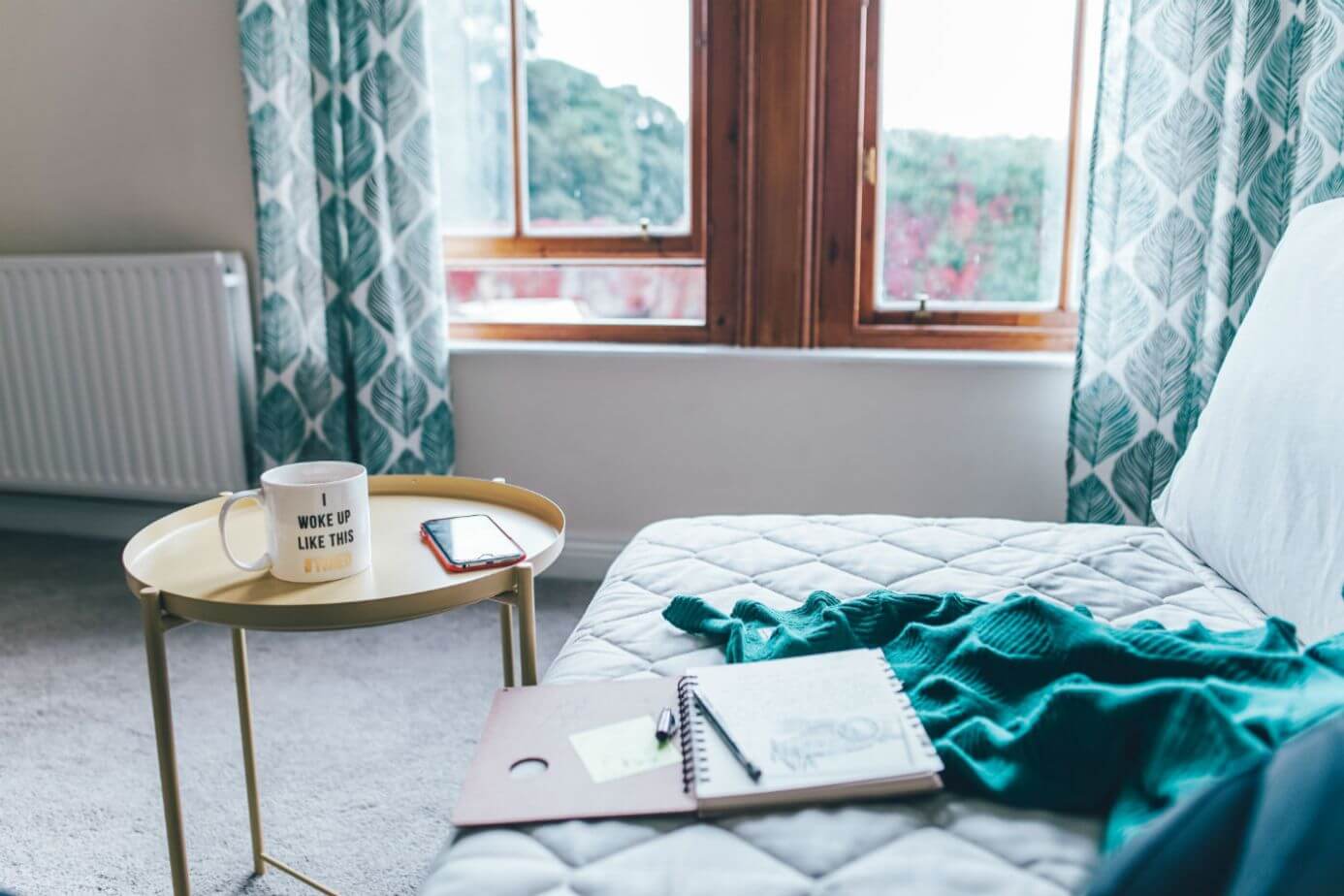
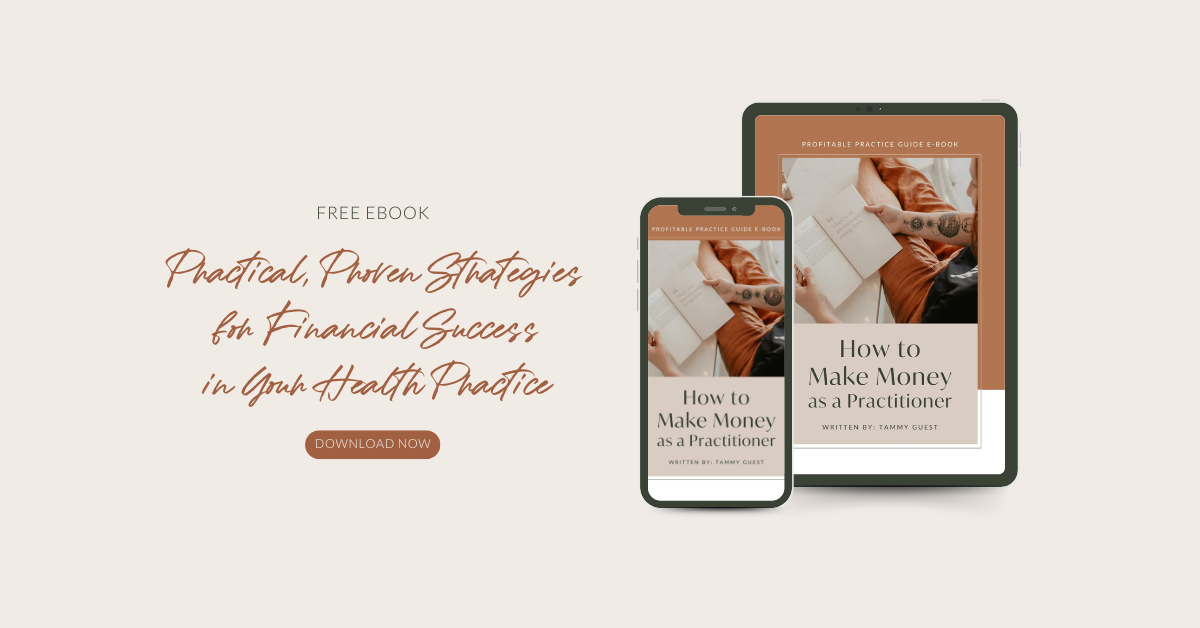
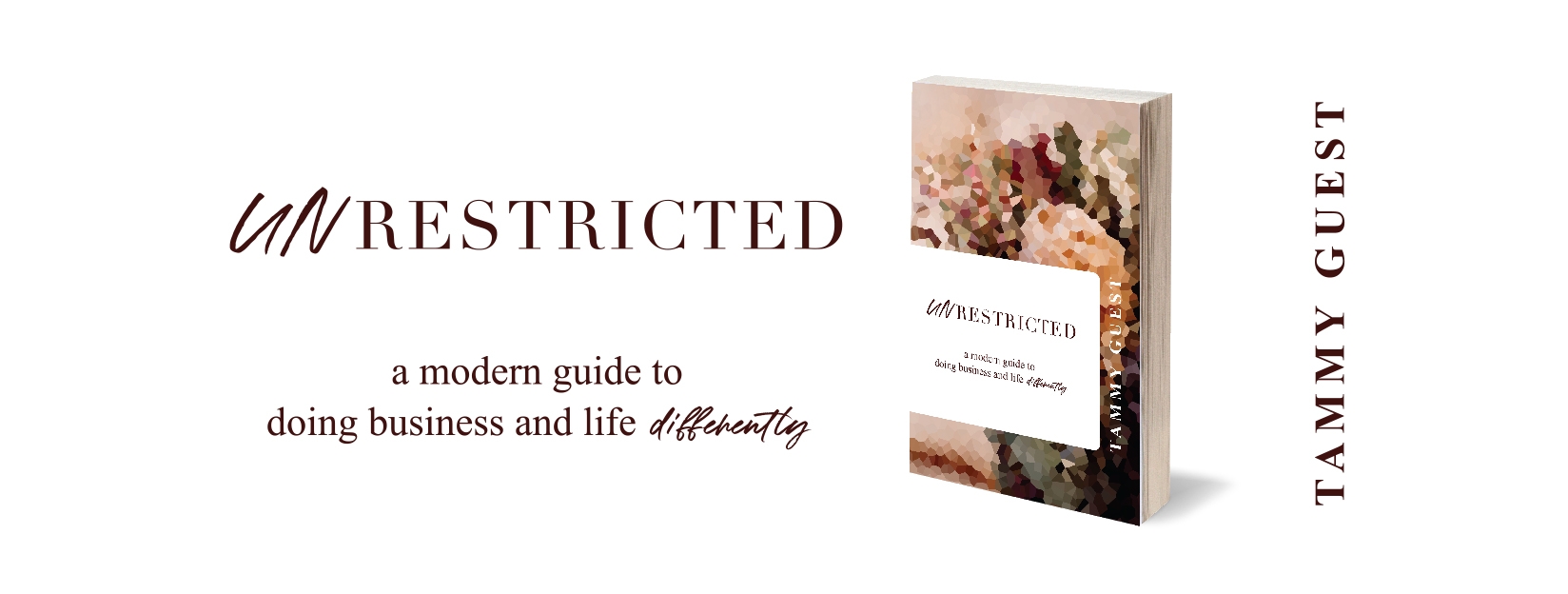


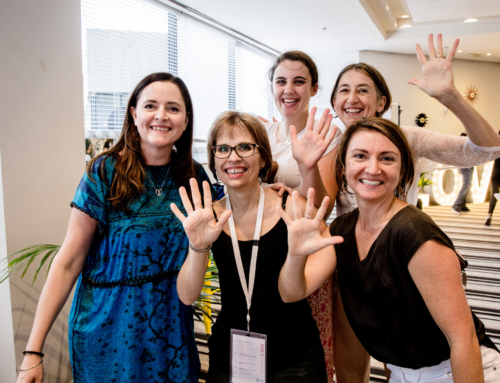
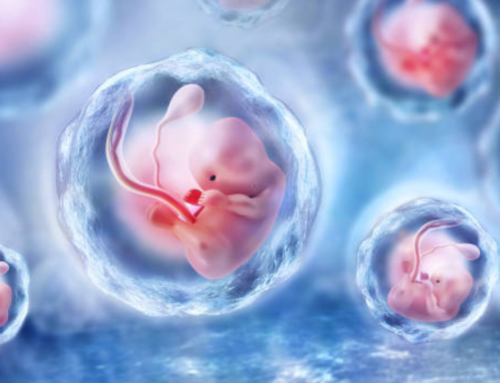

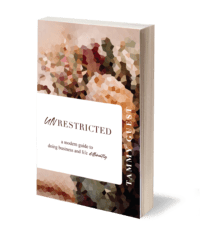
Leave A Comment